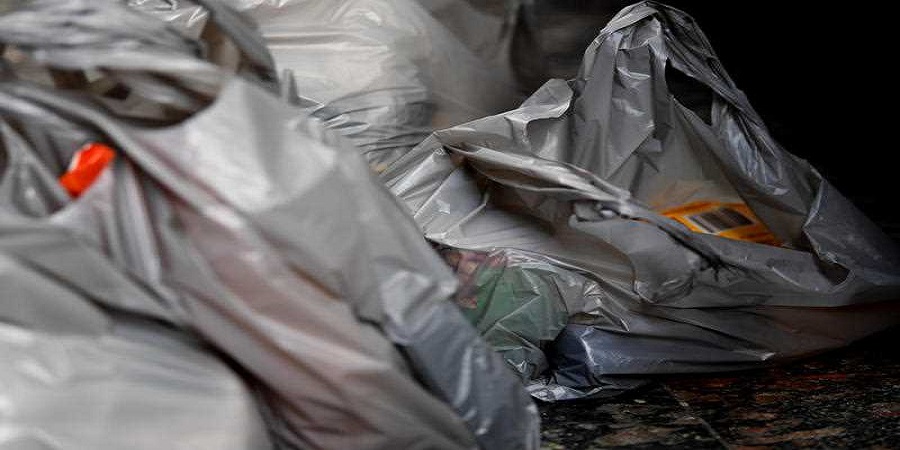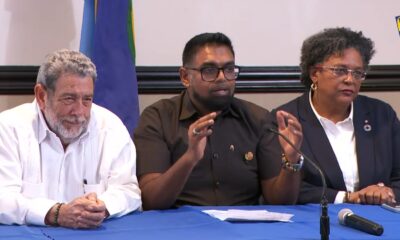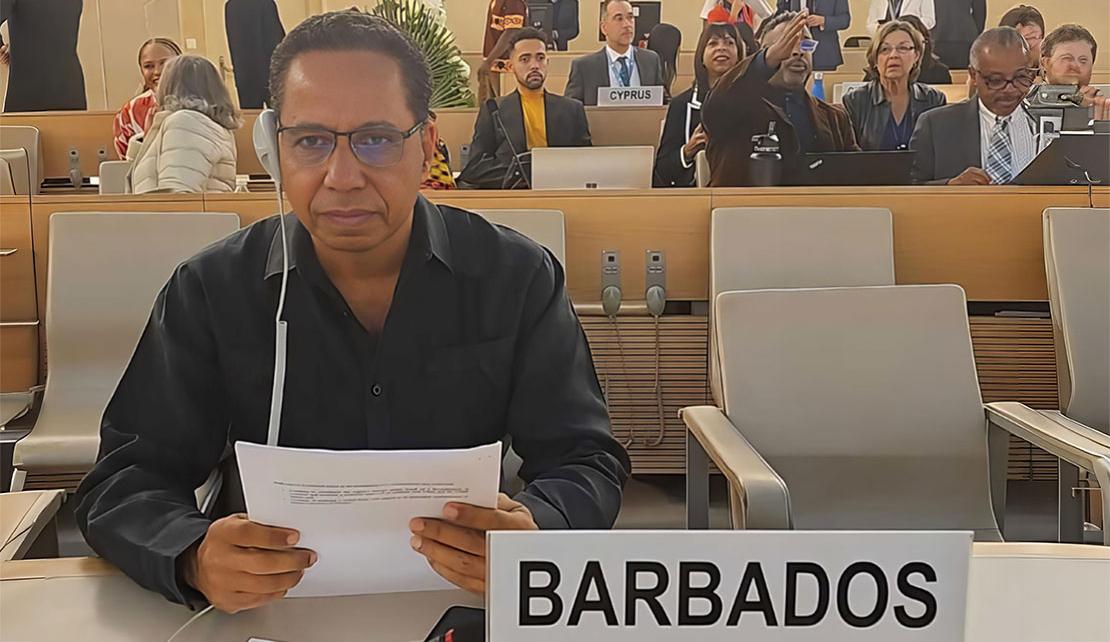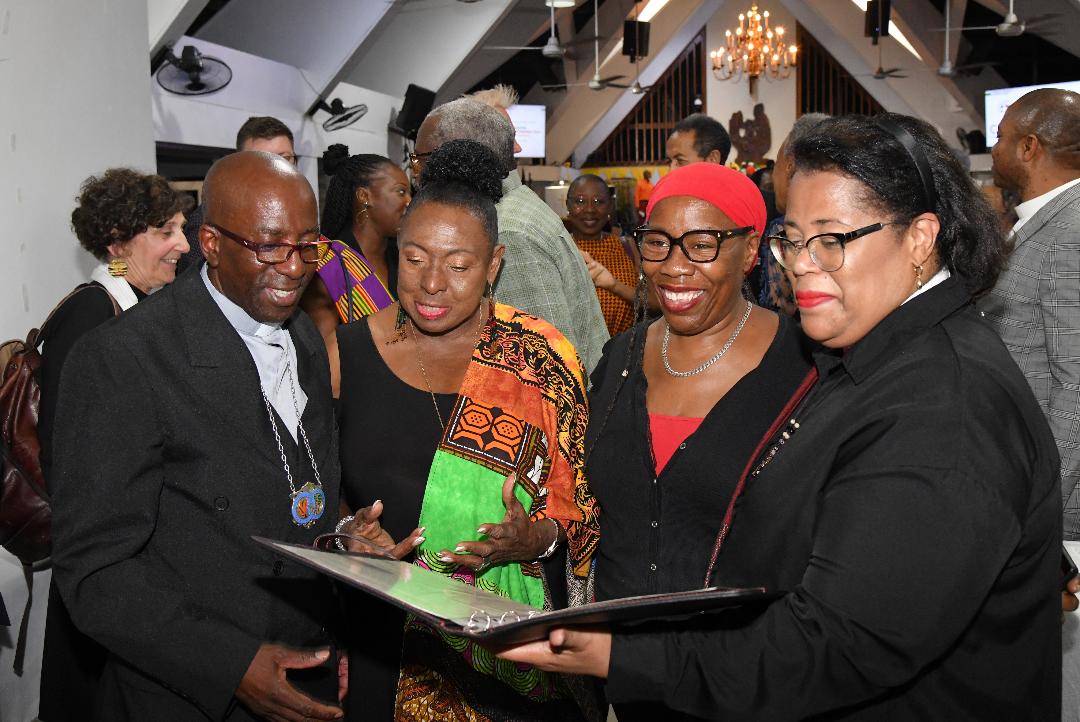Caribbean News
JAMAICA: Embargo on all single-use plastic bags and disposable straws with immediate effect

Caribbean News
CARICOM pushes need for Reparations Tribunal at Forum in Geneva
Caribbean News
CARICOM sends warning as Oil prices creep higher in the Israel v Iran conflict; 14 regional states import energy
Caribbean News
Gov’t Committed to Seeking Reparations for Chattel Slavery – Minister Grange
-

 Caribbean News1 week ago
Caribbean News1 week agoBarbados welcomes new aircraft
-

 News1 day ago
News1 day agoDR man rented Jet Ski nine days ago in Providenciales; where is he now?
-

 Caribbean News1 week ago
Caribbean News1 week agoHaiti political update and Trinidad and Tobago not sending troops for mission
-

 Health1 week ago
Health1 week agoDengue passes 1000 deaths mark in Brazil
-

 Health1 week ago
Health1 week agoTURKS AND CAICOS ISLANDS PARTICIPATED IN EIGHTH MEETING OF NATIONAL HIV/AIDS PROGRAMME MANAGERS AND PANCAP SHARE FAIR
-

 Caribbean News3 days ago
Caribbean News3 days agoCARICOM, UN applauds published decree establishing Haiti’s Transitional Government
-

 Caribbean News6 days ago
Caribbean News6 days agoHaiti Gang Firearms more than Police – UN says where they come from.
-

 Health1 week ago
Health1 week agoChildren and Teens Vaping, Royal TCI Police say “IT IS NOT SAFE!”










